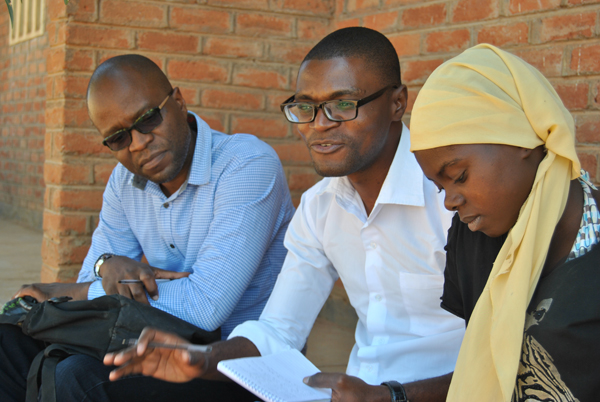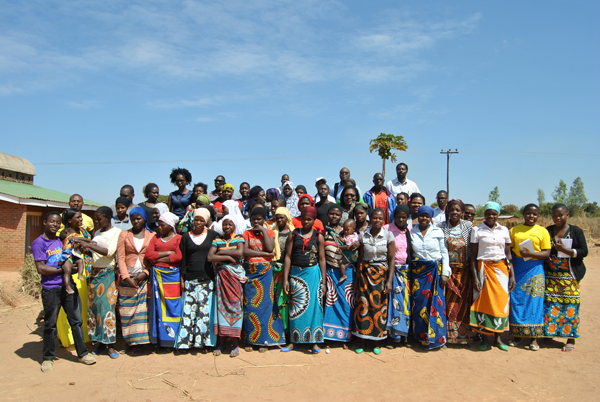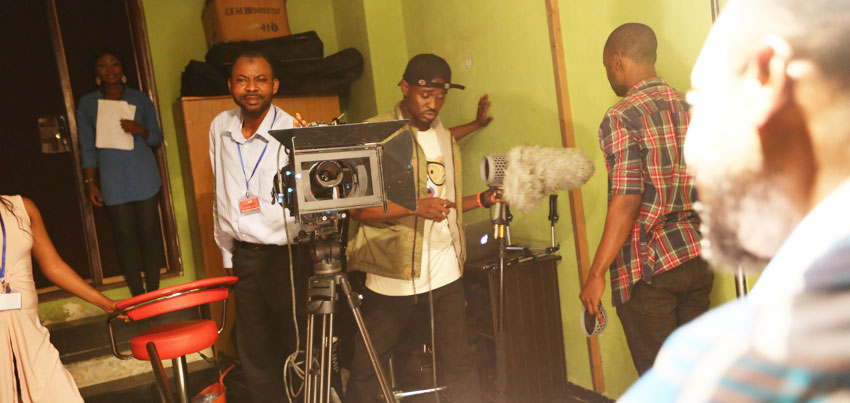I have been participating in a Unicef-sponsored Social Media for Youth and Bloggers workshop in Mangochi. The participants included secondary school youth from Mangochi district and established bloggers and journalists from Blantyre and Lilongwe. mHub, where I am a director, co-facilitated the workshop together with Sandra Thier, a social media specialist from Diego 5 in Germany.
The youth, some of whom had never worked a computer or used any form of social media, were taken through the ins and outs of blogging, social media and online threats. They even had a chance to set up Facebook profiles and interact with friends and relatives already on the platform.

Today we took time to travel some 85 km southeast of Lake Malawi to Nangapoche Primary School in Somba Village near Ntaja. Unicef supports an Adolescent Girls Literacy (Aglit) programme in the area. Teenage girls and young mothers, who dropped out of primary school, are given a second chance to gain literacy and basic education skills. The main aim of the trip was to allow the participants to talk to the beneficiaries of this programme and put their newly acquired and enhanced blogging skills to the test. I had a chat with two of these young girls.
Adolescent Girls Literacy programme
Sifat Idrissa is an 18-year-old mother of one. She dropped out of standard 3 some three years ago because she got discouraged from her consistently poor results. Unfortunately, she had no one at home to encourage or help her with her schoolwork. Being the firstborn of five, she also had no one to look up either.

Soon after dropping out, Sifat got married to a secondary school leaver and driver. Her husband encouraged her to go back to school after the birth of their son. She signed up for Aglit and is now able to write but still has difficulties reading. She has also been taught basic numeracy skills. And her long-term vision? “To be able to read and have a business. I will also make sure my children never drop out of school!” the rather shy Sifat said.
Teen marriage abuse
Another beneficiary of Aglit is Abiti Jackson (not her real name). She is 22 and dropped out of school eight years ago. Back then, her father got sick and was admitted to Liwonde Hospital, a considerable distance from her village. Her mother had to leave everything and look after him at the hospital. Being the only child, Abiti had to fend for herself while her mother was away and this eventually led her to drop out of standard 4. During her father’s illness, Abiti found work to support her family in the hospital. Unfortunately, her father died and the family was left destitute.

Abiti continued to do piece work in people’s fields, planting maize and harvesting tobacco. She said the work was very hard and she never liked it but did it out of necessity. During this time Abiti got married but lives to regret that decision. Her husband was promiscuous and abusive, often beating her. He rarely provided for the family. She couldn’t take it any longer and left to go stay with her mother. She too signed up for Aglit.
When asked if she plans to remarry, Abiti said “Ayi, ndipume makofi! (Let me take a rest from beatings)”. She believes that her young age directly contributed to her husband’s abusive behaviour as she was defenceless. Abiti is now 22 years old and is happily unmarried. She takes care of her mother and earns an income through seasonal piecework.
The situation of these two girls goes to show the gravity of teenage marriages, especially in rural areas, and how it is having a detrimental effect on girls’ education. Thanks to Unicef, these young mothers of Somba village have a second chance.
*Photography by Eldson Chagara


